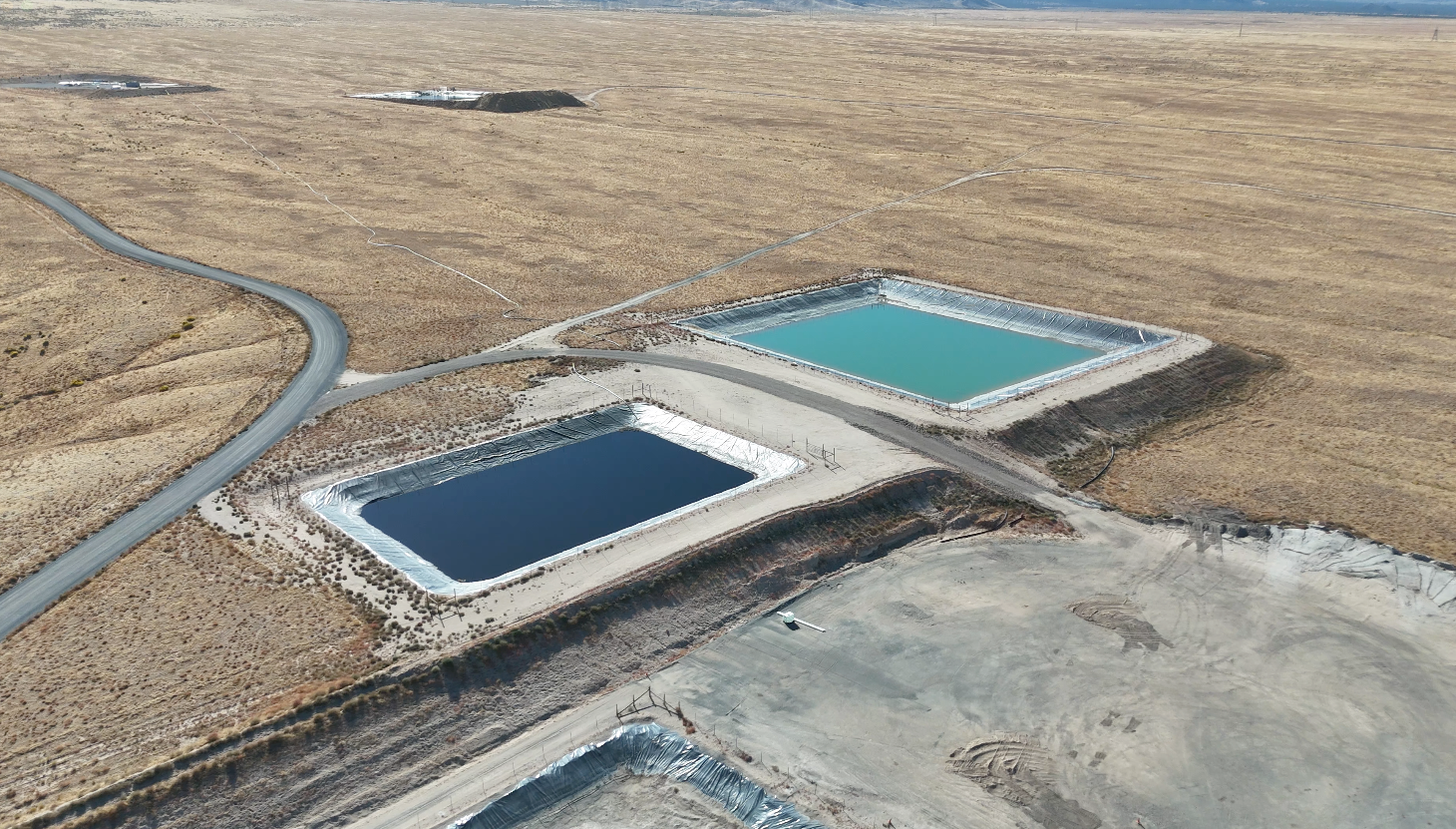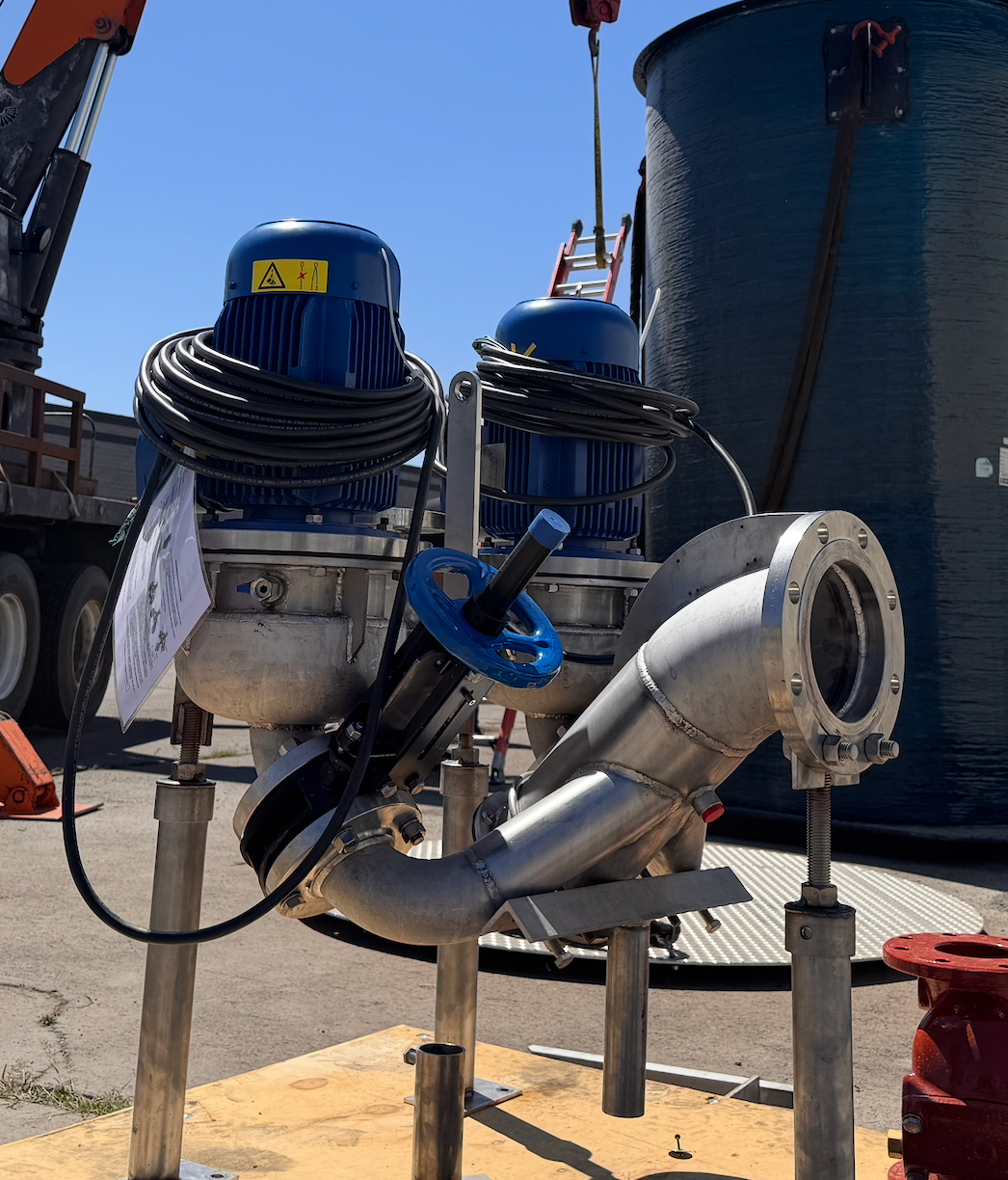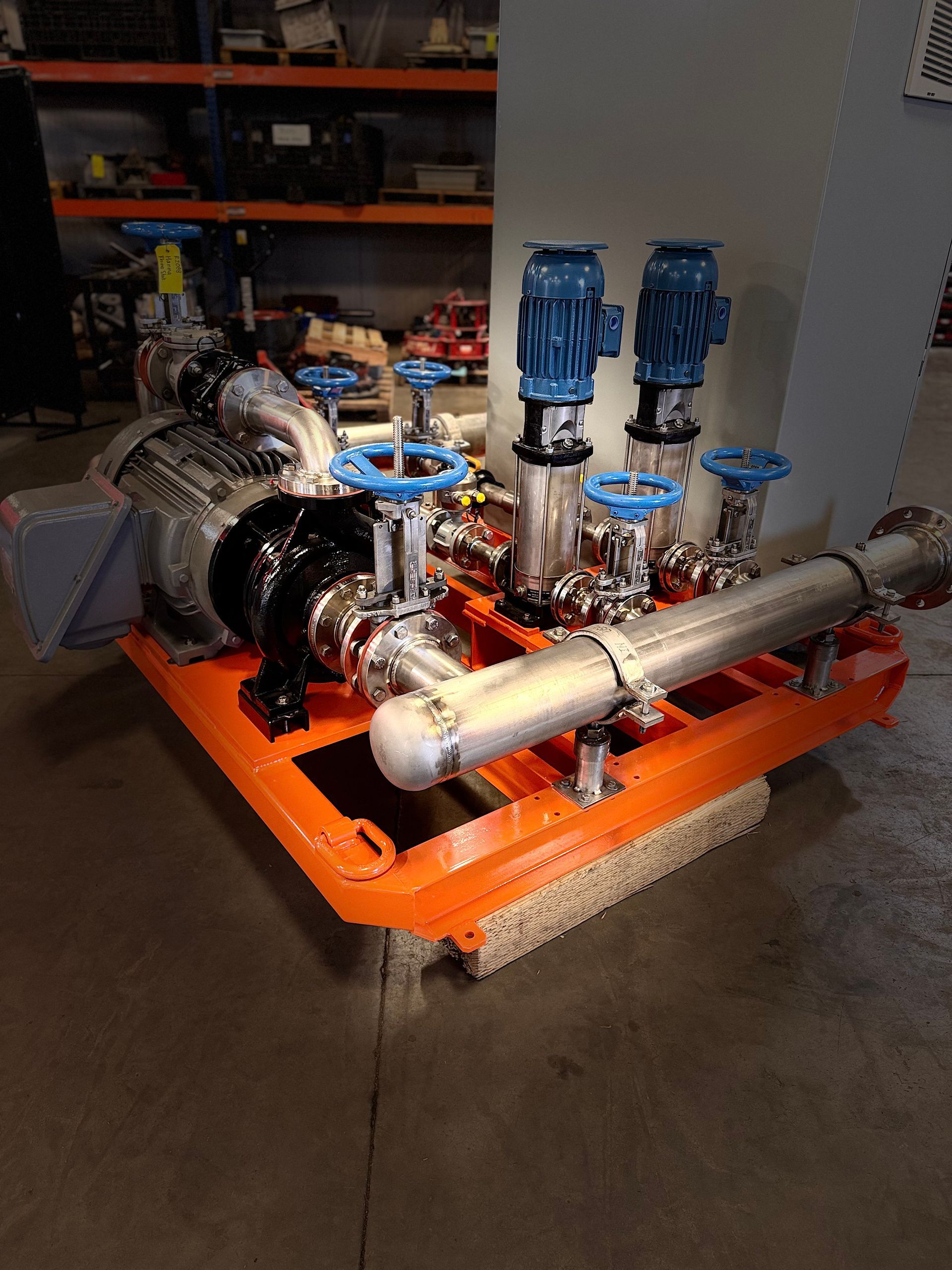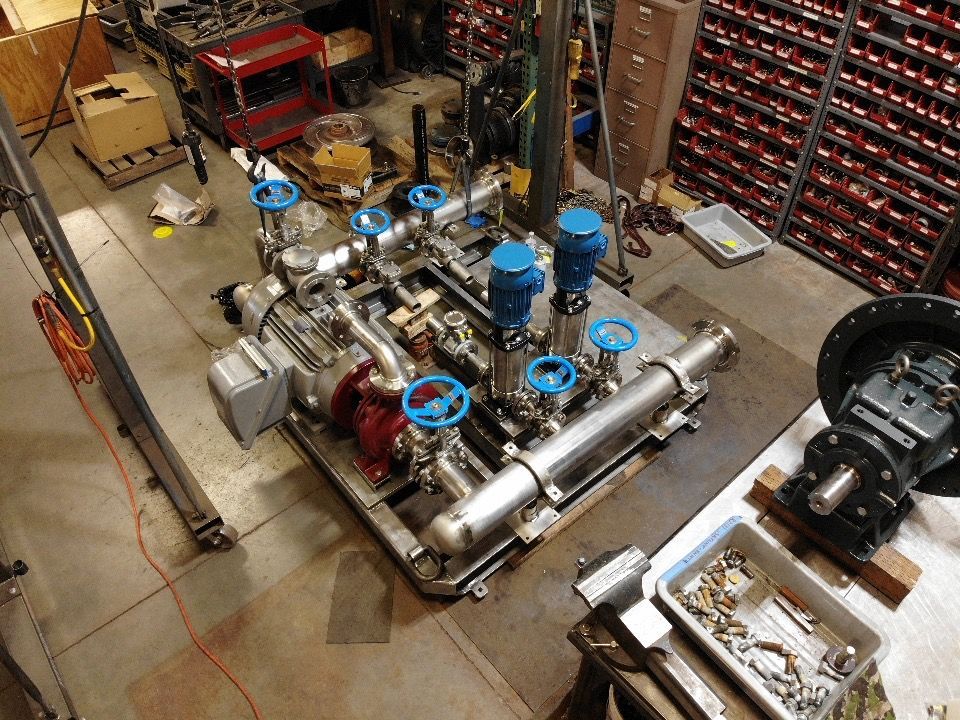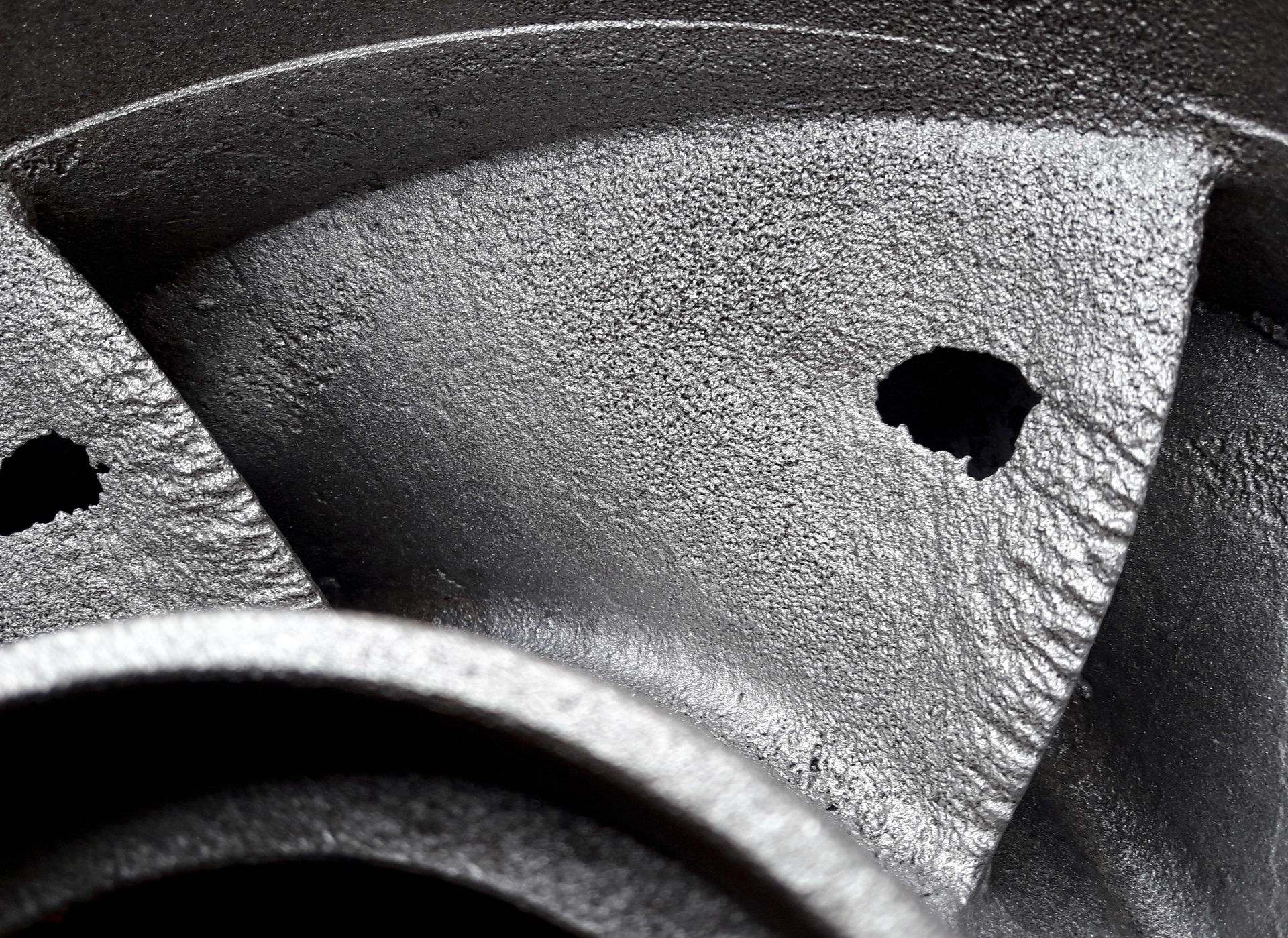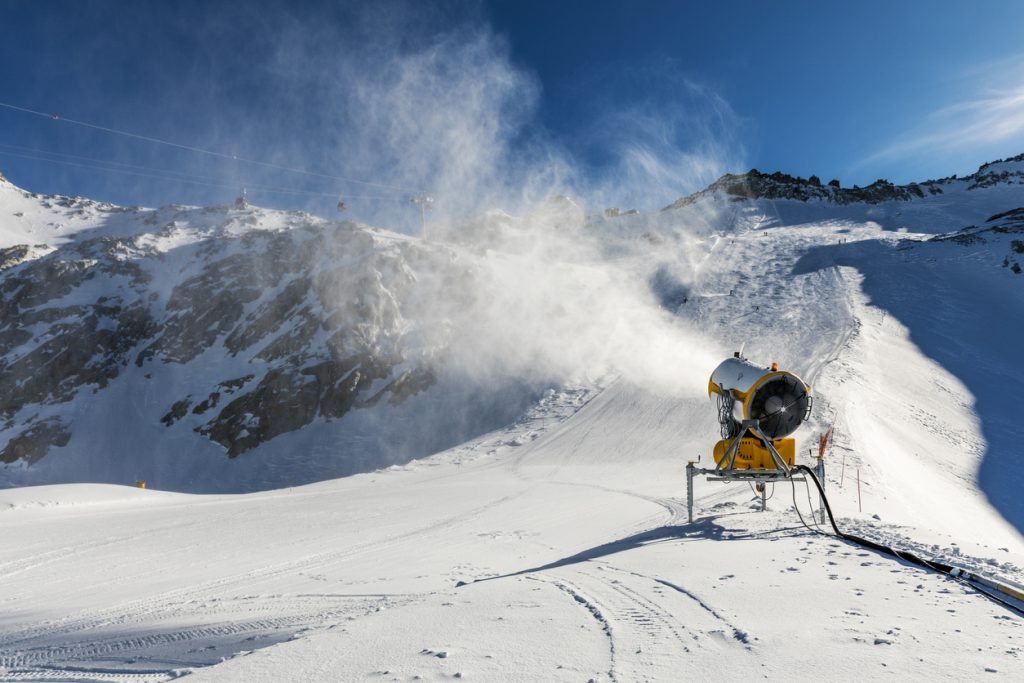Choosing the Right Centrifugal Pump for Abrasive Wastewater Applications
Introduction to Abrasive Wastewater Pumping Challenges
Selecting a centrifugal pump for abrasive wastewater systems requires more than just matching flow rate and pressure. Solids like sand, grit, or industrial byproducts cause excessive wear if the wrong materials or impeller design are used. This article explains how to choose the right centrifugal pump for abrasive wastewater applications, focusing on materials, impeller types, flow dynamics, and maintenance.
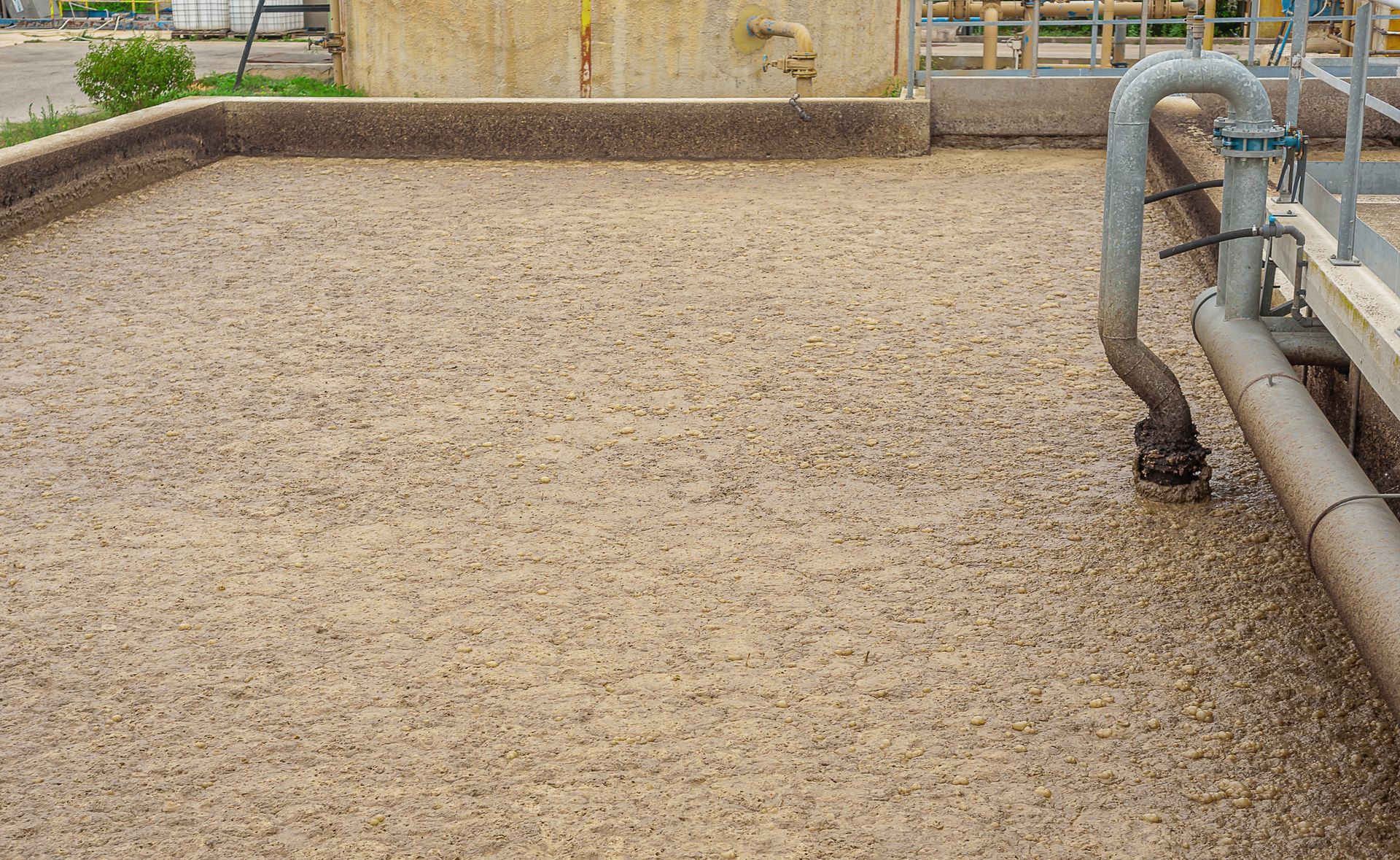
Understanding Abrasive Wastewater Conditions
What Is Abrasive Wastewater?
Abrasive wastewater contains suspended solids that can erode pump components. Common sources include:
- Municipal treatment plants handling sand, grit, and organic debris
- Industrial wastewater with glass, metal filings, or chemicals
- Construction runoff from soil-laden dewatering systems
These solids increase friction, reduce pump life, and complicate maintenance routines.
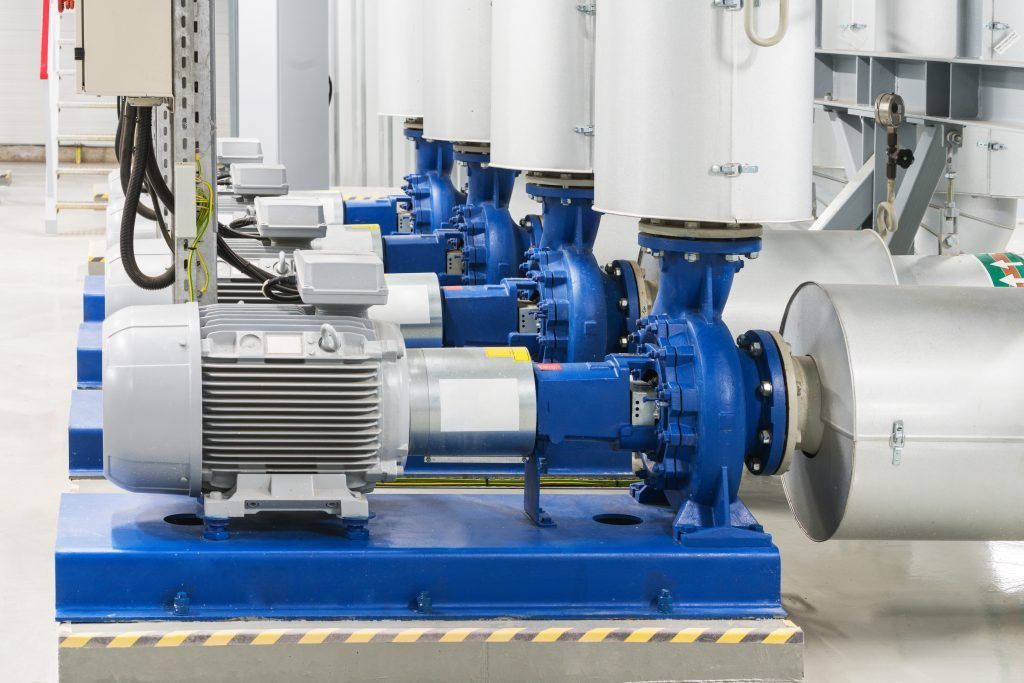
How to Select a Centrifugal Pump for Abrasive Wastewater
Centrifugal Pump Material Selection for Abrasive Fluids
Choosing the right materials helps reduce erosion:
- High-chrome iron alloys resist wear from sharp, hard particles
- Rubber linings absorb impact and protect casing interiors
- Ceramic coatings enhance surface hardness and resist corrosive abrasion
Match the lining and impeller material to your fluid's pH, temperature, and particle content for best results.
Best Impeller Designs for Abrasive Wastewater
Impeller geometry matters when pumping solids:
- Open impellers allow solids to pass without clogging
- Vortex impellers minimize direct contact between solids and vanes
- Chopper impellers macerate solids before discharge
Your impeller design should reduce particle contact with moving parts while maintaining flow performance.
Pump Speed and Flow Rate Optimization
Reducing wear is about how fast and how much:
- Lower pump speeds reduce erosion by decreasing particle velocity
- Consistent flow rates minimize turbulence and protect wear components
Avoid running the pump at its extremes. Sizing it correctly ensures efficient, low-maintenance operation.

Maintenance Tips for Centrifugal Pumps in Abrasive Wastewater Systems
Preventative Maintenance for Long-Term Reliability
- Inspect liners, impellers, and volutes routinely
- Monitor seal condition and replace when needed
- Check bearing alignment and lubrication
- Flush systems regularly to remove grit accumulation
Staying ahead of wear and tear prevents catastrophic failure and reduces long-term costs.
How Rhino Pumps Helps With Abrasive Wastewater Pump Applications
Rhino Pumps provides tailored centrifugal pump solutions built to withstand abrasive wastewater conditions. Whether you're in municipal, industrial, or construction environments, we help you:
- Select the right materials and impeller type
- Size and configure pumps for peak performance
- Plan and implement reliable maintenance routines
Contact us today for expert consultation and engineered pump recommendations.
And if you're working with slurries or other solid-laden fluids, be sure to read our guide:
Slurry Pumps 101: Selection, Maintenance, and Wear Materials


